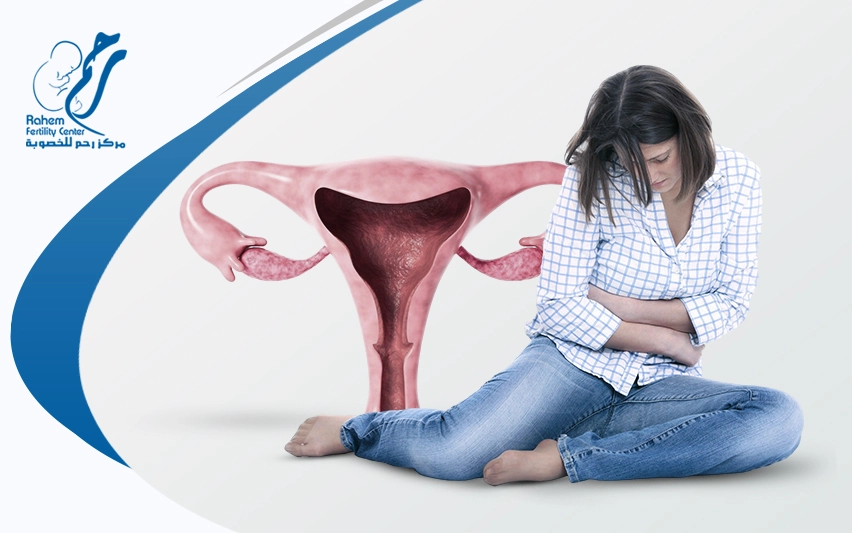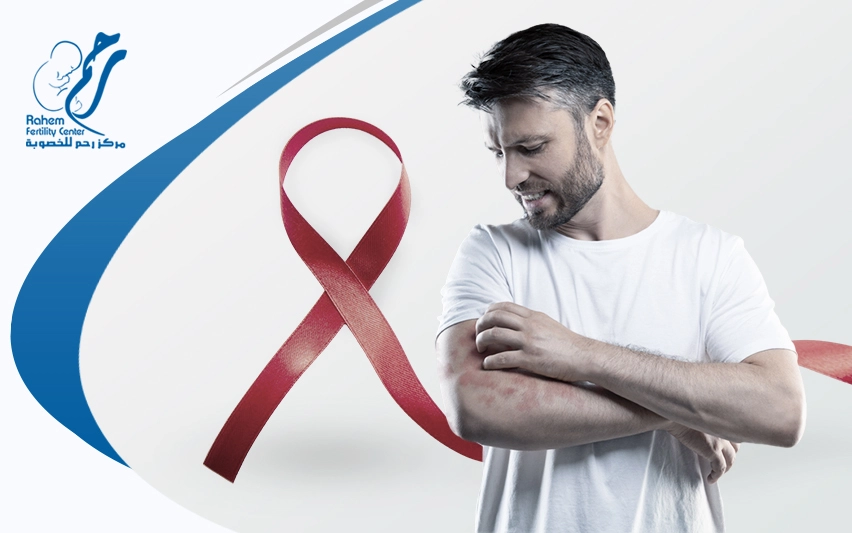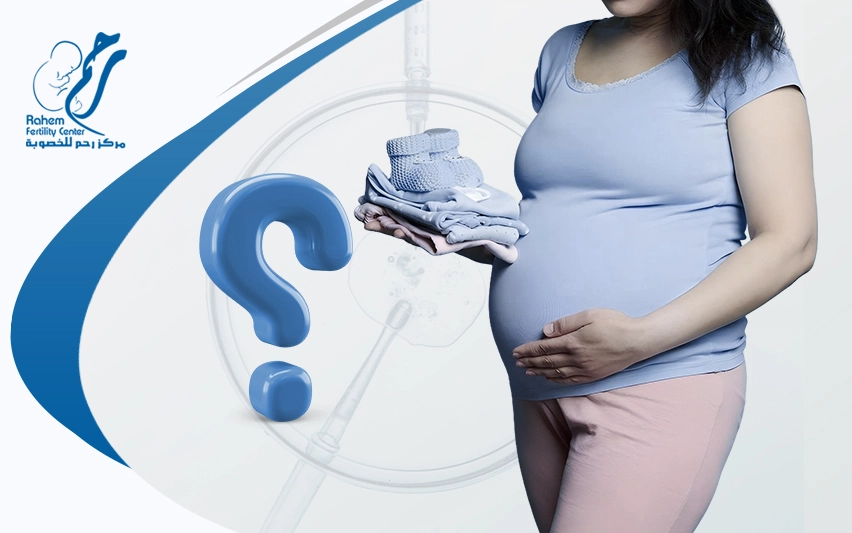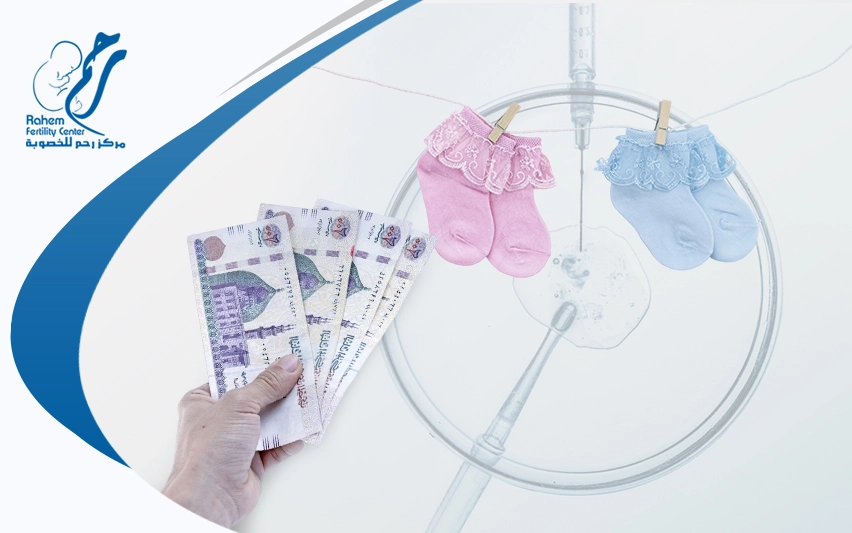You may feel pressure or something shifting downward; it is uncomfortable, maybe even frightening. Are you unaware that there is something wrong with your uterus? Could it be an infection?
A prolapse of uterus occurs when the pelvic muscles and ligaments become too weak to support the uterus, allowing it to descend into or even outside of the vaginal canal. This condition can affect women of any age, though it’s more common after childbirth or menopause.
Get your inquiry
At Rahem Center, our vision is to be at the forefront of distinguished scientific centers in the field of fertility assistance, not only in Egypt but in the world.

Prolapse of Uterus: What Are the Signs You Shouldn’t Ignore?
If you’re feeling a heaviness in your pelvis, lower back pain, even notice tissue bulging from your vagina, or urinary leakage or constipation, these could be signs of uterine prolapse.
This condition occurs when the muscles and tissues that support your uterus weaken and stretch, causing it to slip down into the vagina.
Some risk factors can contribute to this weakening, such as: multiple vaginal births, and menopause.
However, delayed diagnosis of the prolapse of uterus can worsen the condition and advance to more severe stages, causing chronic discomfort and limiting your ability to live normally.
know more about: causes of hiv aids
What Happens If You Ignore a Prolapsed Uterus?
Ignoring it won’t make it go away. The longer you wait, the more the supportive structures weaken. This could lead to:
- Difficulty emptying your bladder or bowels.
- Painful intercourse.
- Recurrent urinary tract infections.
- Complete uterine protrusion outside the body.
Early treatment may involve physical therapy or a pessary device. But if left untreated, severe cases might require surgery.
So if you’ve been wondering, “What happens if you ignore a prolapsed uterus?”, the answer is: it gets worse and it limits your life.
What Is a Stage 3 Prolapse?
A stage 3 prolapse means the uterus has descended so far that the cervix is visibly outside the vaginal opening, especially when bearing down. At this stage, conservative treatments will no longer be enough, and surgical intervention like hysterectomy or uterine suspension is often recommended.
Still, even at stage 3, many women find relief and recovery with the right medical guidance. The key is acting early.
know more about: cramps but no period
Is It OK to Live with a Prolapsed Uterus?
It depends on the severity. Some women with mild symptoms choose to manage with lifestyle changes, pelvic floor exercises, or a pessary. In contrast, the quality of life can drastically decrease for others, particularly in moderate or severe cases.
So if you’re asking, “Is it OK to live with a prolapsed uterus?” the answer is yes, but only if your symptoms are minimal and monitored. Otherwise, it’s not just uncomfortable, it’s unhealthy.
Act Early, Heal Fully
The prolapse of uterus is a medical condition that deserves attention. The sooner you acknowledge the symptoms, the more options you’ll have. And with modern treatments, there’s no reason to suffer in silence.
At Rahem Fertility Center, prolapse of uterus and other complex conditions are managed with compassion and evidence-based care. Our team ensures you understand each stage, feel supported throughout, and receive the highest standard of treatment to maximize your chances of recovery.










